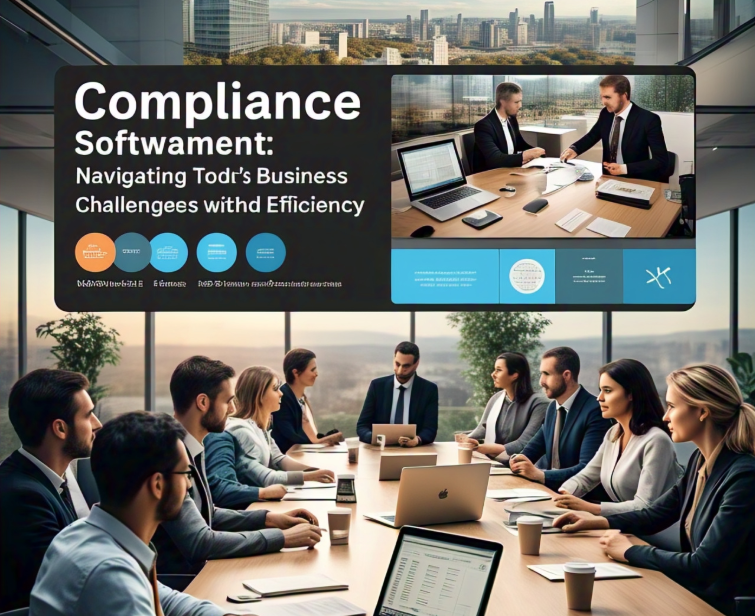In an era marked by rapid regulatory changes and increasing contractual intricacies, Contract Compliance Management Software (CCMS) has transitioned from a helpful tool to a critical necessity for businesses striving to remain competitive and compliant.
This software isn’t just a repository for legal documents—it’s the cornerstone of strategic decision-making and risk management in organizations that understand the value of integrated, intelligent compliance solutions.
Let’s explore how CCMS meets today’s specific business challenges and why it’s indispensable in the contemporary corporate landscape.
The Heart of Contract Compliance Management Software
At its core, CCMS is about empowerment. It gives businesses the tools to not just manage but master their contracts. This software streamlines operations by automating contract lifecycle management, compliance tracking, and performance analysis. With CCMS, you can turn the maze of compliance into a clear path, ensuring that every contractual obligation is an opportunity for validation rather than a risk for violation.
Why Today’s Businesses Can’t Afford to Skip CCMS
Today’s business environment doesn’t forgive lapses. Regulations like GDPR in Europe or HIPAA in the U.S. impose strict penalties for non-compliance. CCMS provides a proactive shield, alerting organizations to potential breaches before they occur. Think of CCMS not just as a tool, but as your in-house compliance advisor, constantly monitoring the pulse of your contractual obligations and regulatory requirements, ensuring you stay ahead of the curve.
Tackling the Implementation Beast
Implementing CCMS can be daunting—there’s no sugarcoating it. The integration with existing systems can cause friction, and the initial investment might make stakeholders hesitant. However, the secret sauce to successful implementation lies in understanding the narrative of your organization’s needs and customizing the solution to fit these narratives. Successful deployment is about weaving the CCMS into your company’s fabric from the get-go—engaging with stakeholders, adapting to feedback, and iterating on the go.
Best Practices: Making CCMS Work for You
Here’s how you make a CCMS not just functional but fantastic:
- Stay Updated, Stay Ahead: Like any high-performing software, CCMS needs to be kept up-to-date. Regular updates ensure you’re compliant with the latest regulations and contractual standards.
- Guard the Gate: Security isn’t optional. With contracts often containing sensitive data, ensuring your CCMS has top-tier security protocols is a must to shield your data from cyber threats.
- Seamless Integration: A CCMS shouldn’t be an island. Integrating it with other enterprise systems like ERP or CRM creates a synergy that enhances visibility and control across all business functions.
The Future Is Now: AI and Blockchain in CCMS
Looking ahead, the integration of AI into CCMS is not just inevitable but already happening. AI can predict compliance risks and automate complex compliance processes, offering foresights that transform how businesses approach contract management. Meanwhile, blockchain could revolutionize CCMS by bringing unparalleled transparency and security to contract execution.
Conclusion
Contract Compliance Management Software is more than a compliance tool; it’s a strategic ally in the complex world of modern business. It ensures that companies not only meet their legal obligations but also gain insights and efficiencies that can propel them ahead of their competition. In a business landscape that waits for no one, a robust CCMS is not just helpful—it’s essential.
